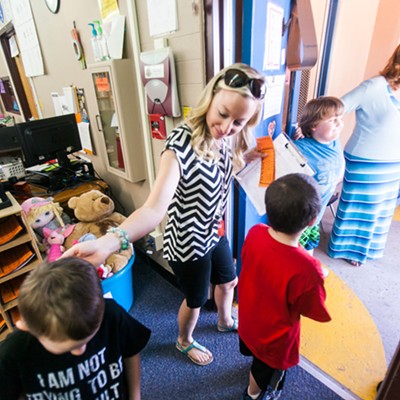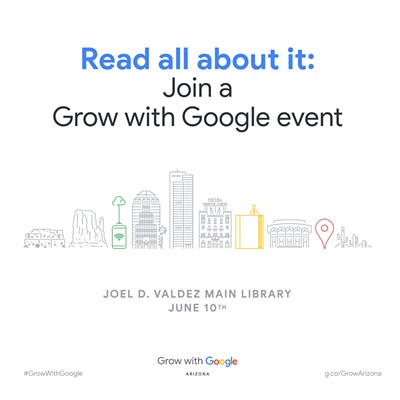So, Saturday morning we hopped in the pickup, chugged off to the library and soon were sifting through the non-fiction books in the children's section.
My daughter, like every elementary-school girl, has a love affair with horses. But today, she did not pick a how-to-raise horses book. She also did not pick a makeover for grade schoolers handbook, a book featuring Oprah's insights into prepubescent dating or even a propaganda book on soccer by a short-panted European.
I was relieved when my daughter choose a book about mythology. It was an oversized book, nicely illustrated and featuring myths from cultures of the world and introductions to the cultural situations from which each myth had sprung.
My daughter was pleased with her choice. After paying my standing late fee--I always have late fees waiting at the library and video store--we checked out and were on our way home. My daughter spent a good part of what was left of the weekend reading.
Monday evening, I came home to find this same daughter stretched out on the couch with a heap of new library books strewn out on the floor around her. There was a book on training horses, another about folding paper into household appliances and a third with a cover photo of people in shorts on a soccer field. I never got to the others.
"What are you doing?" I asked. "Where's your book on myths?"
"My teacher," came the reply, "told me to pick something else."
"Why?"
"She said myths are fiction and that I had to pick something non-fiction. Can we get a horse?"
I don't recall how I answered. I may have said, "We'll see." What I do remember is having a moment of insight and outrage. I didn't know whether my response should be a letter to some editor, a call to the school board or simply a lap around the living room waving my arms in indignation. What I did know clearly was that something's wrong with our educational system. I had plowed straight into an iceberg and "myths don't qualify as non-fiction" was just the tip.
Schools test kids incessantly on math skills, Newtonian science basics and reading comprehension. They hammer kids with self-esteem exercises without investing a single moment in exploring who it is that the kid is supposed to esteem. We expect our children to comprehend a paragraph about the speed of a fly between two onrushing locomotives, but we teach them nothing at all about comprehending life or their place in it.
Myths are the truest, most revealing tools we have. They suggest a way in life. They invite us to explore who we are and our place in the world, authentically and with courage. They put us in touch with the wave of our life, not just the particle.
Odysseus, Solomon, Arjuna and Coyote all have more to teach about what is, or should be, real than a thousand books on caring for pets we'll never know or projects that only add clutter to our lives.
Black Elk, the Oglala mystic, was asked what he thought of Bible stories. He offered: "I do not know if the stories happened, but I can tell that they are true."
We can't tell what is true, and we are perpetuating that blindness in our children. So I guess I shouldn't be surprised that teachers treat myths as fiction, failing to see the truth in them. We are a culture that values what we experience with our senses. What we can gather, touch, trade and heap up. Myth, spirit and being have little to lend a value system based on commodity.
We don't need more testing to improve our educational system. We don't need a longer school year to teach kids more of what is useless. We don't need the 10 commandments, or other robotic behavioral guidelines, hammered onto the school house door.
Kids don't need exercises in self-esteem when they're not taught to explore this little self that they're supposed to feel so warm and fuzzy about. Our schools--from elementary schools to universities--badly need curriculums that begin with a mission to "know yourself." We need to put those words into practice in our schools and in our lives.
Next Wednesday, my daughter--and every other girl in her class--will turn in a report on a book about training horses. The teacher will be pleased. But after school, my daughter will return to the book on mythology.
A friend likes to say, "After enlightenment, the laundry."
"And," I now reply, "after school, education."






